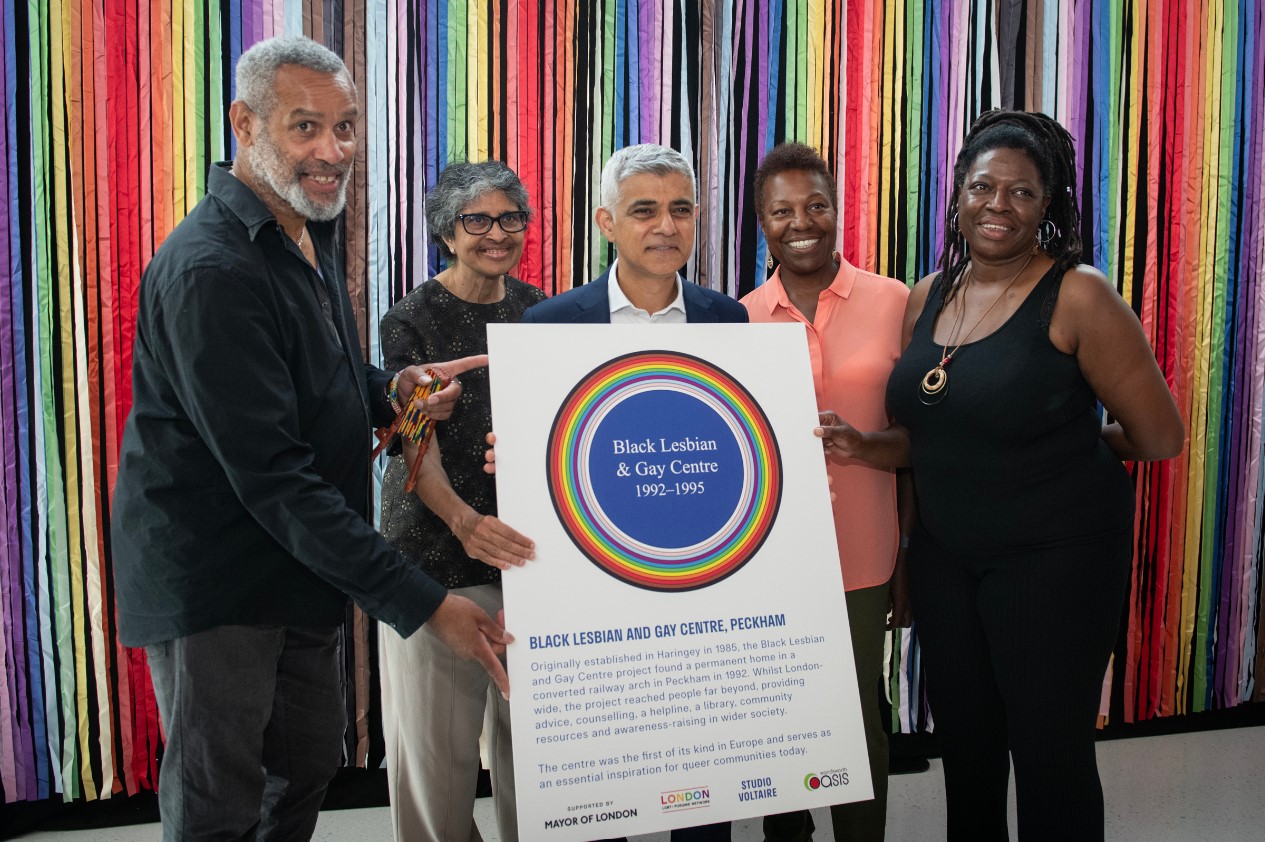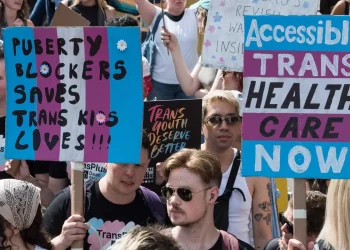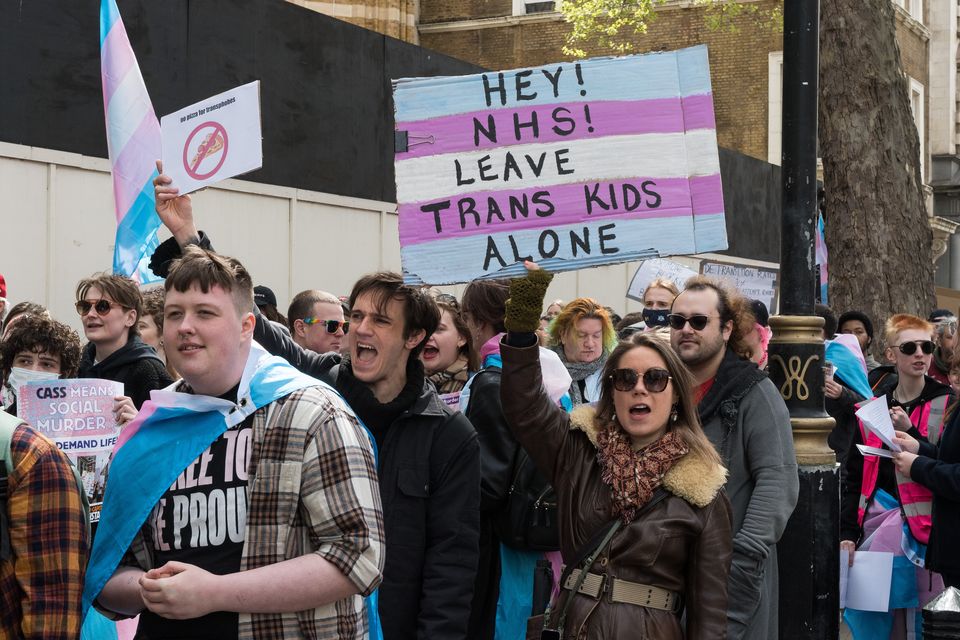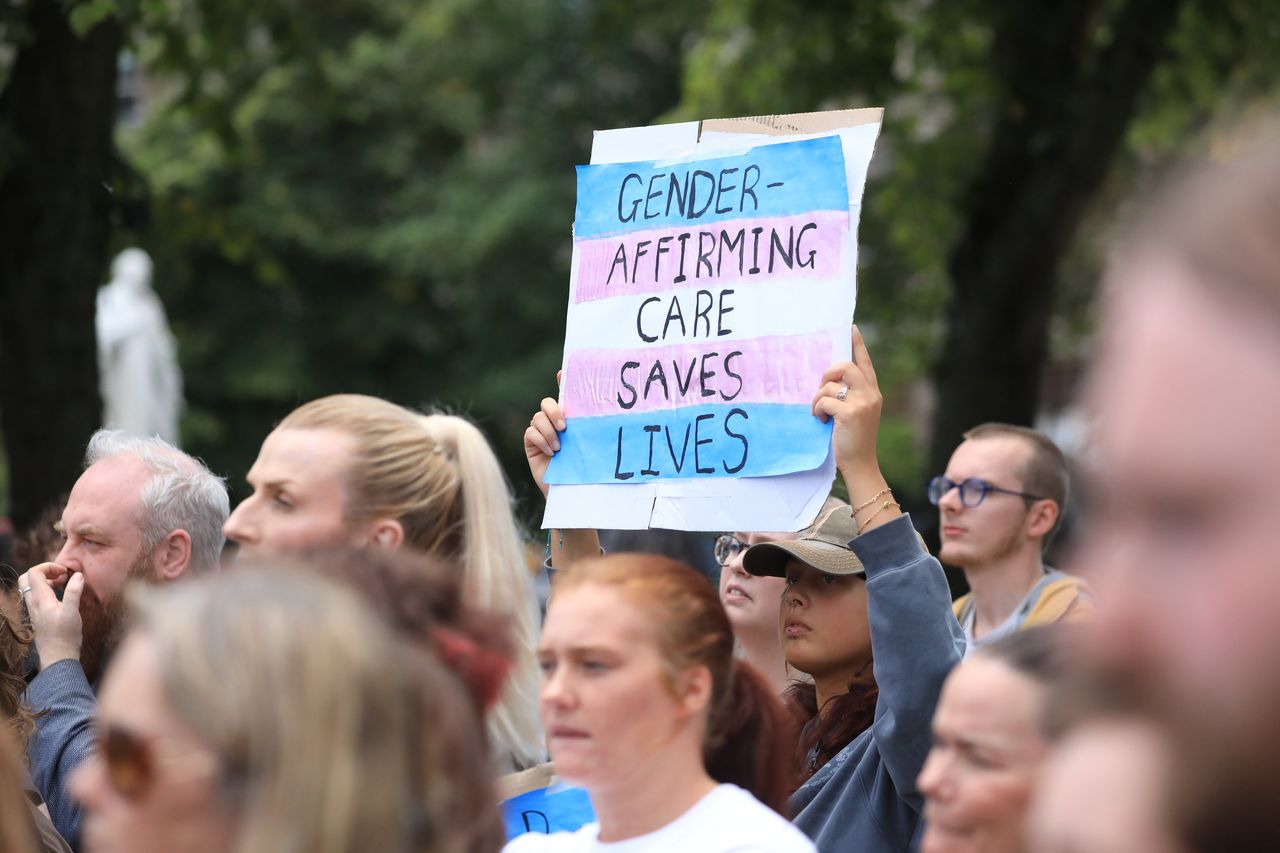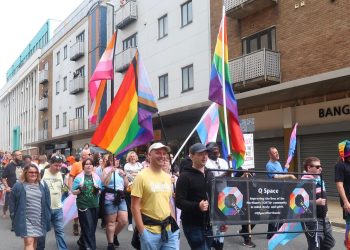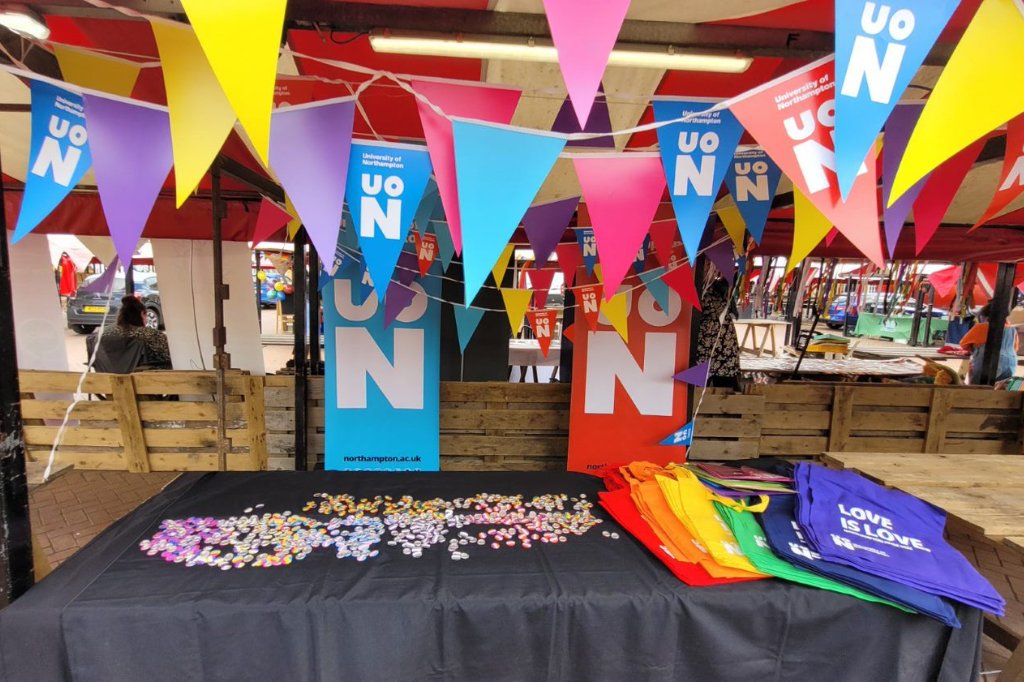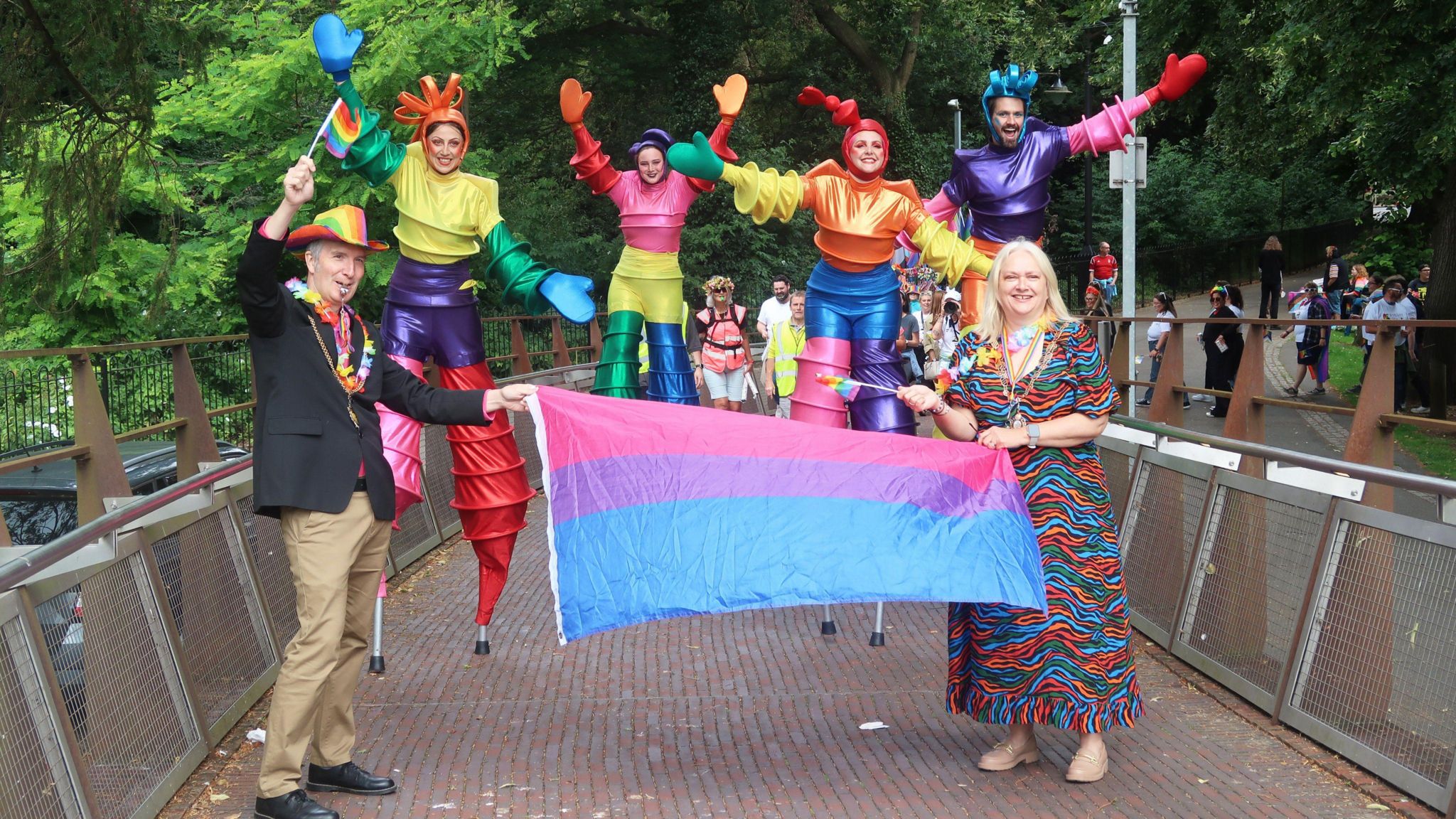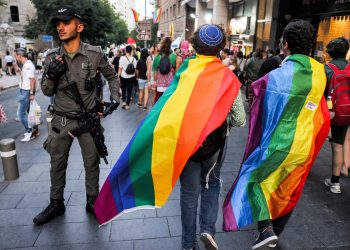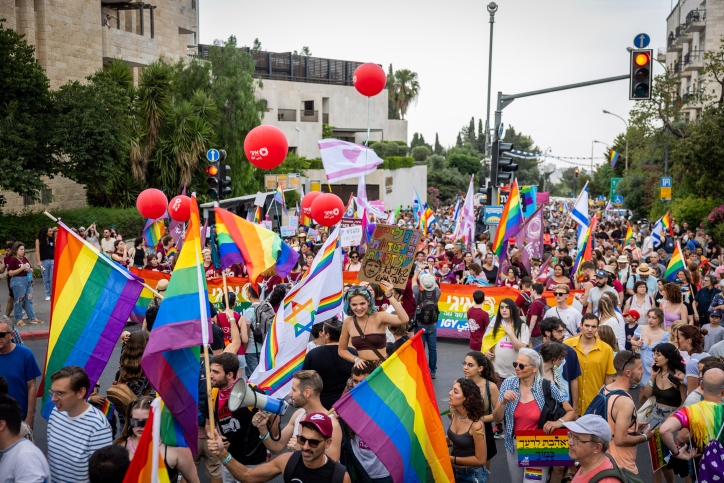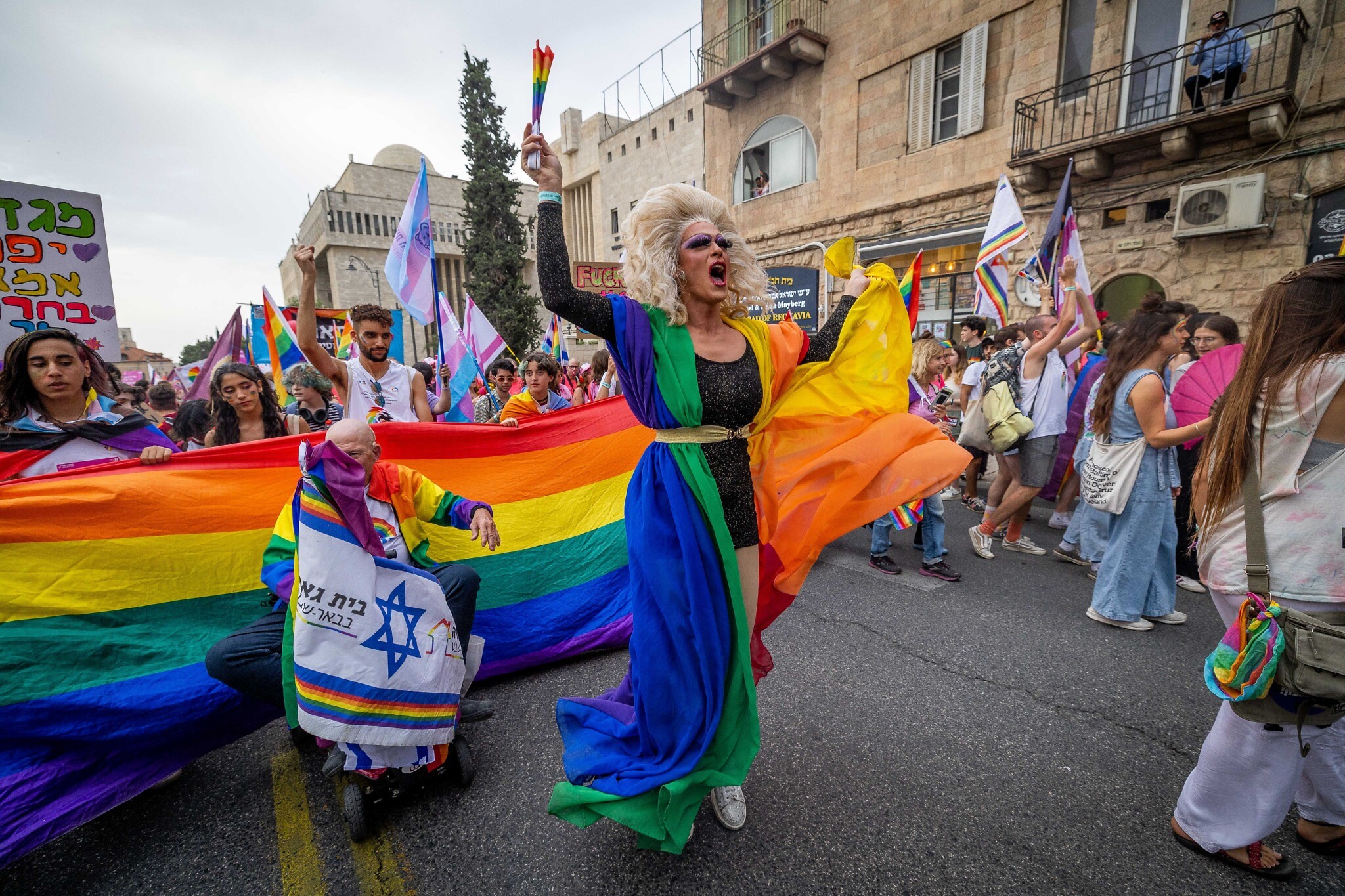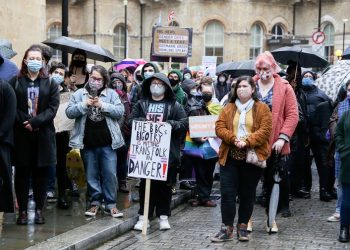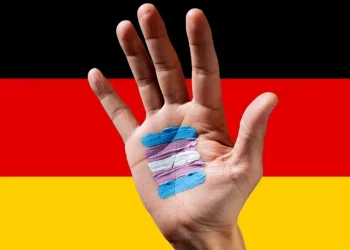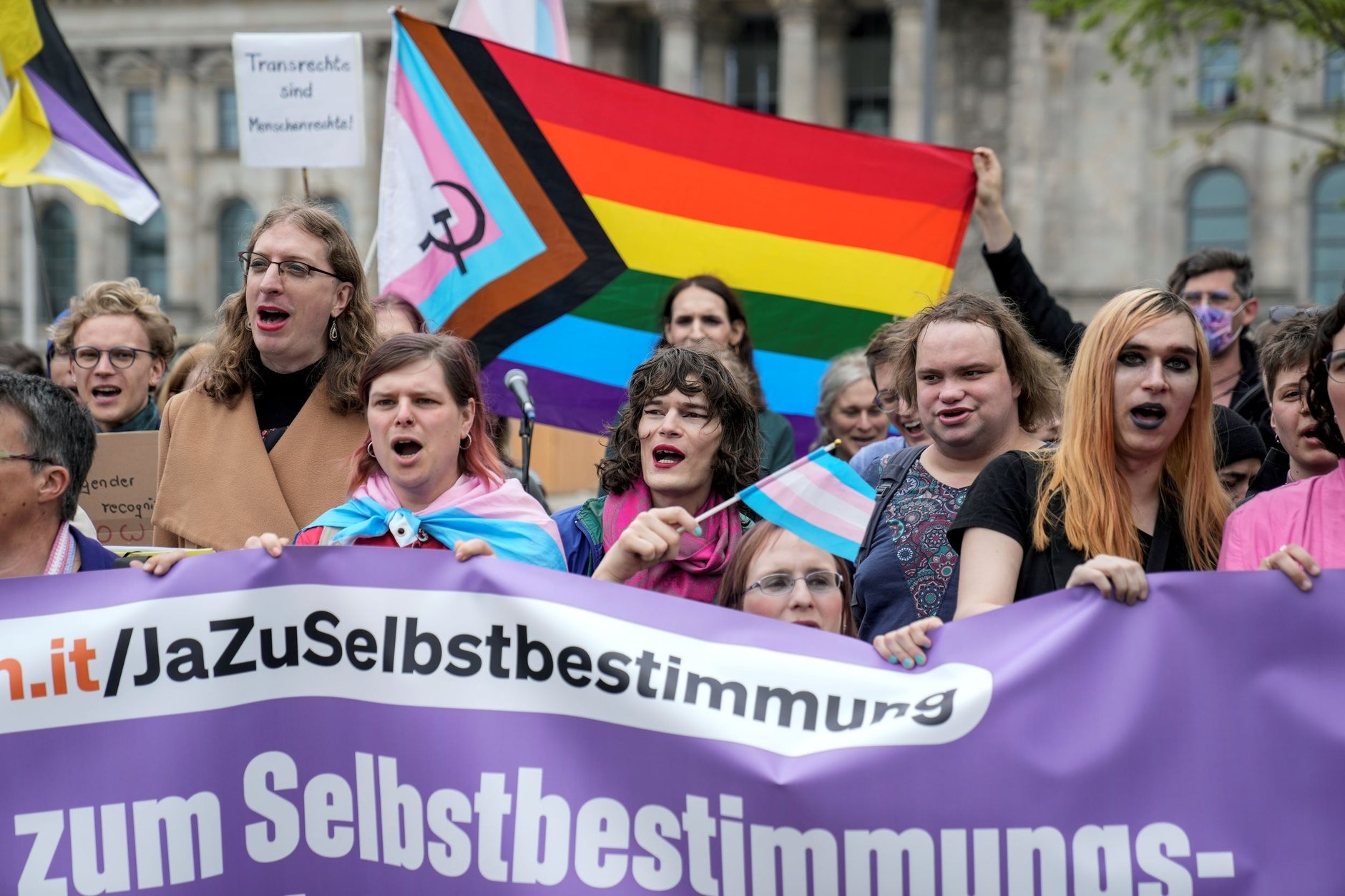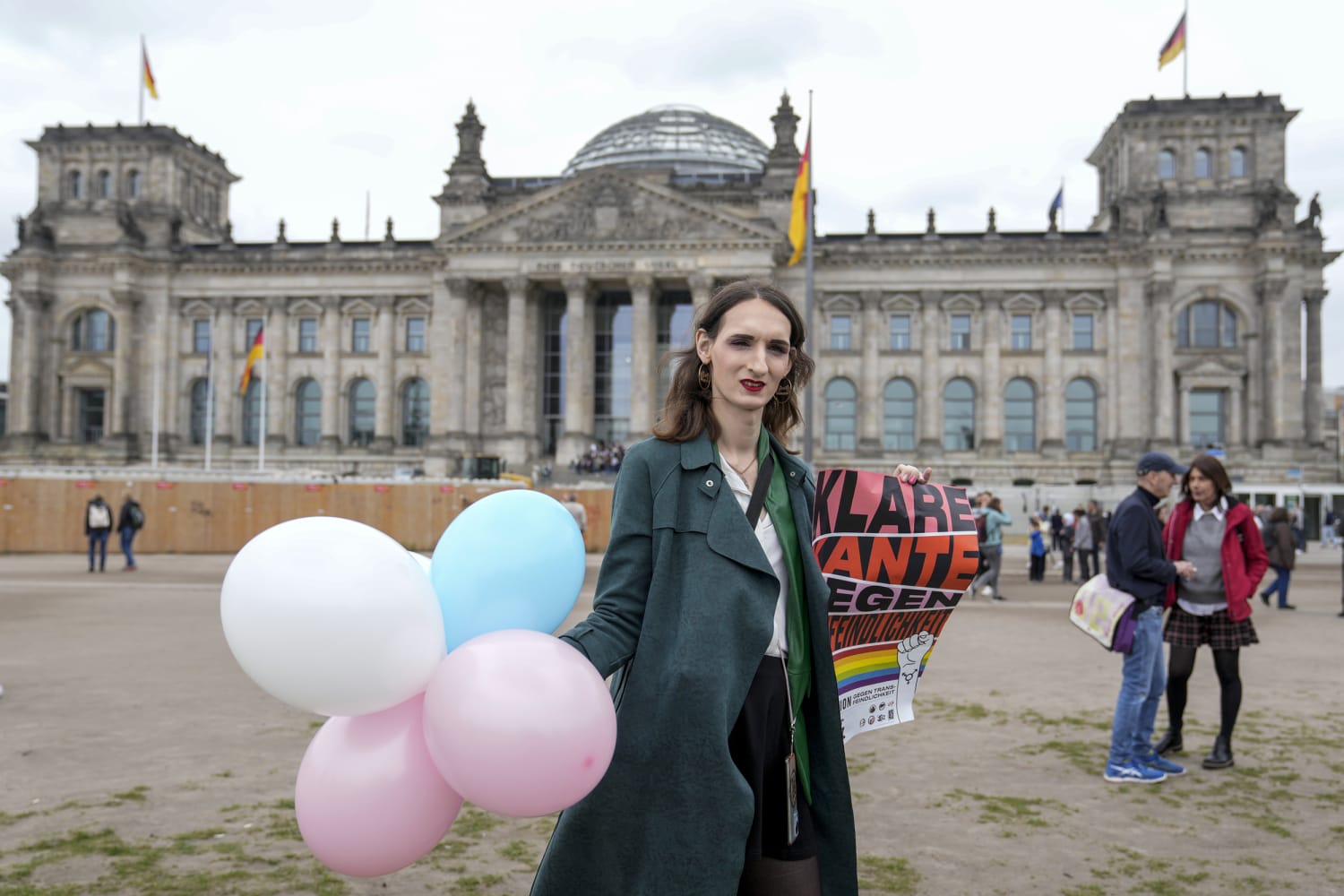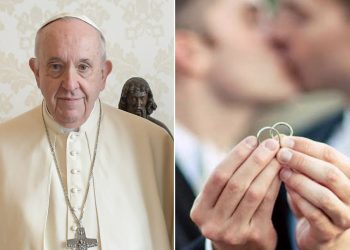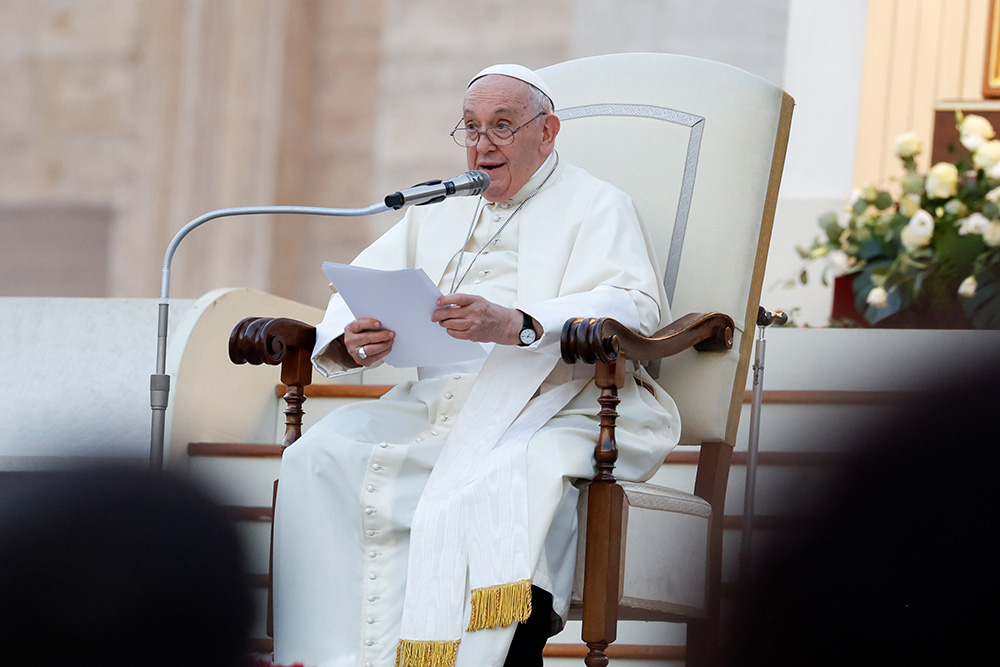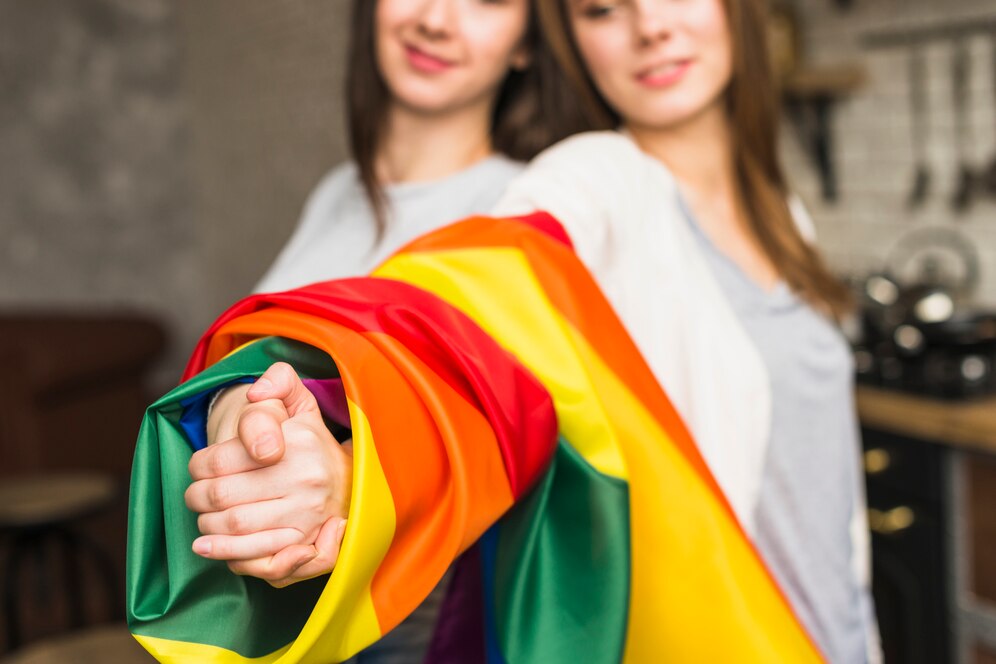A Palestinian filmmaker has made a breakthrough on the international stage after winning the prestigious £30,000 award for Best LGBTQ+ Film. Her work, praised for its bold and insightful depiction of issues of identity, love and self-expression, has received high praise from critics and audiences alike. The success not only marks a career milestone for the director herself, but also a significant moment for Palestinian cinema, which is gaining ground on the global stage.
Palestinian director wins £30,000 for best LGBTQ+ film
A Palestinian director has won the world’s largest prize for an LGBTQ+ short film. Dima Hamdan expressed her gratitude for receiving the 2024 Iris Prize, which comes with a £30,000 prize, saying it was a “massive honour”. She stressed that the prize is the “Oscars” of LGBTQ+ short filmmaking and highlighted the special significance of the award coming from a community that has been vocal in its solidarity with Palestine in recent years.
Former Plaid Cymru leader Adam Price, who chaired the international jury, called Blood Like Water “an important reminder that the LGBT community is everywhere, even in Palestine, despite war and occupation.” Meanwhile, Louise Connolly-Burnham won the Best British Short Film award at the Cardiff Film Festival for her work Sister Wives.
Hamdan is a self-taught filmmaker and journalist based in Berlin. According to the festival, her film tells the story of Shadi, who goes on a secret mission but accidentally drags his family into a dangerous situation. They are faced with a difficult choice: either collaborate with the Israeli occupation or face shame and humiliation from their own people. Commenting on her award, Hamdan said: “It is difficult to rejoice in personal achievements when the largest and most broadcast war in history has been going on for a year with no sign of an end.” She added: “To survive these dark times, I draw strength from the hope for a future when all this is over.”

“I find comfort in this vision, knowing that the Iris Prize and its amazing team and jury will always hold a special place in my heart as they support us and help amplify our voices,” Hamdan said. Festival director Berwyn Rowlands expressed pride in the event highlighting “stories that are often overlooked by mainstream media.”
He also noted, “This year, filmmakers have been taking a more serious look at the LGBTQ+ community. And while many of these stories are hard, there’s also hope.” Connolly-Burnham, who hails from Birmingham, not only wrote and directed the film, but also produced and stars in it. Sister Wives is a “multi-layered love story about young women living in a strict, fundamentalist polygamist society in Utah in 2003.”
Tim Highstead, chair of the Best British Short Film jury, described the film as “a masterfully constructed and beautifully executed drama about two women who challenge the social and religious taboos of their community and find love in each other.” Channel 4 plans to screen all 15 films shortlisted for Best British Short Film over the next year after the festival.
Iris Prize 2024: A Platform for Talented Authors and an Important Step Towards Equality in LGBTQ+ Cinema
The 2024 Iris Prize continues the tradition of recognizing outstanding achievements in LGBTQ+ cinema, providing a platform for voices that are often left out of the mainstream. One of the most significant short film awards in the world, the prize draws attention to important social and cultural issues surrounding LGBTQ+ rights.
This year, the prize went to Palestinian director Dima Hamdan for her film, which tackles complex issues of identity and choice in the context of conflict. Critically acclaimed, the film explores important themes such as the struggle for love and acceptance amid social and political tensions.

The Iris Prize includes a cash prize of £30,000, giving creators the opportunity to continue their work and inspire a new generation of filmmakers. The prize also serves as an important reminder of the presence of LGBTQ+ people around the world, even in the most difficult circumstances.
Each year, the Iris Prize grows in importance, bringing together talented authors and their stories that enrich cultural heritage and further the dialogue on equality and respect for diversity.



